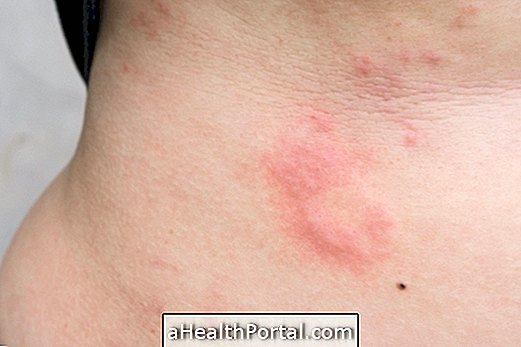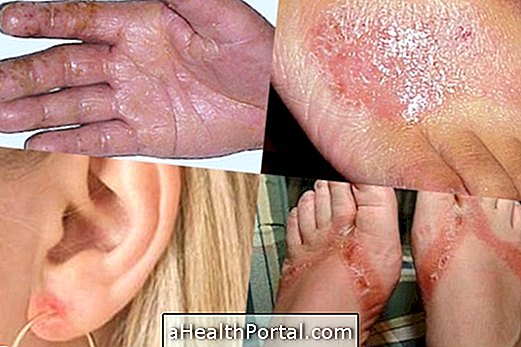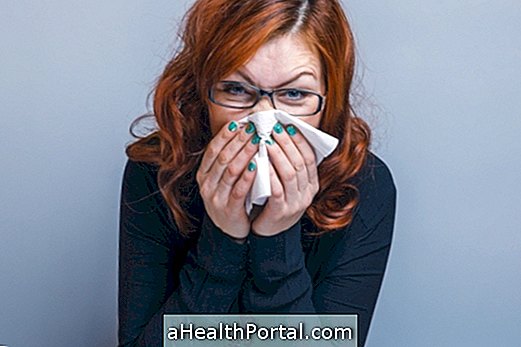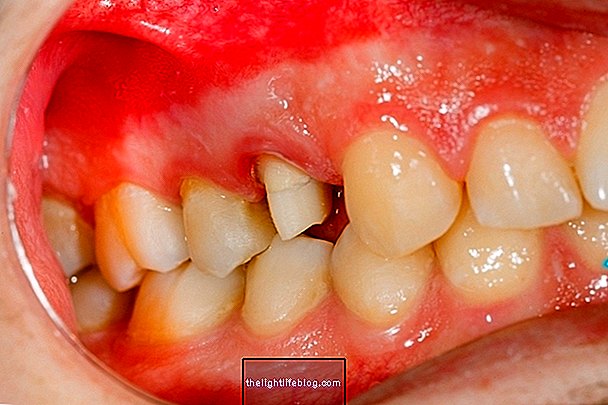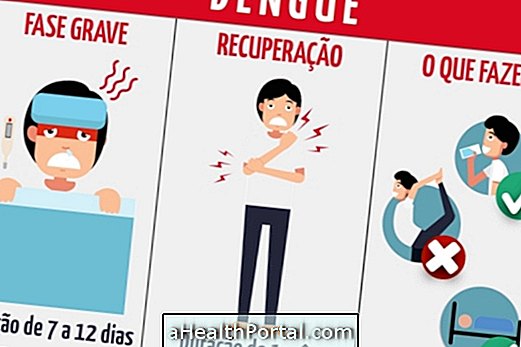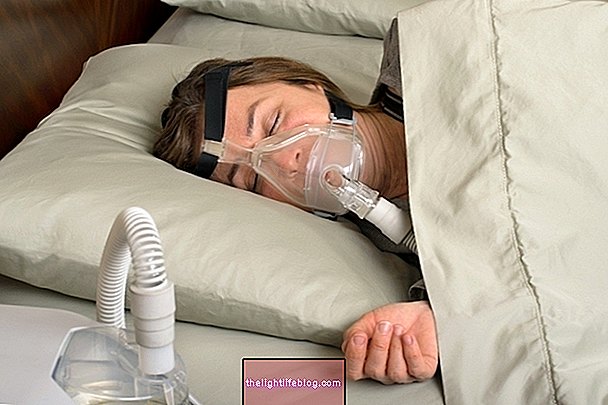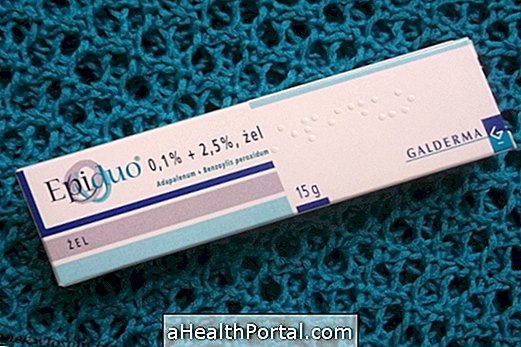To cope with allergy to pollen you should avoid opening windows and doors from home and not going to gardens or outdoor drying, because the chances of having an allergic reaction are greater.
Pollen allergy is a very common type of respiratory allergy that manifests itself mainly in the spring causing symptoms such as dry cough, especially at night, itchy eyes, throat and nose, for example.
Pollen is a small substance that some trees and flowers scatter through the air, usually early in the morning, late in the afternoon and at times when the wind swings the leaves of the trees fall and reach people genetically predisposed.
In these people when pollen enters the respiratory tract, body antibodies identify pollen as an invading agent and react to its presence causing symptoms such as redness in the eyes, itchy nose and runny nose, for example.

Strategies to avoid allergic reactions
In order not to develop an allergic crisis one must avoid contact with pollen, using strategies such as:
- Wear sunglasses to decrease your eye contact;
- Leave the windows of the house and those of the car closed in the early morning and late afternoon;
- Leave the coats and shoes at the entrance of the house;
- Avoid leaving windows open at hours when pollen is released through the air;
- Avoid frequenting gardens or places with a lot of wind;
- Do not dry your clothes outdoors.
In some cases it is necessary to take an antihistamine, such as desloratadine, in the early spring to be able to combat the symptoms of allergy.
Symptoms of allergy to pollen
The main symptoms of allergy to pollen include:

- Constant dry cough, especially at bedtime, which can cause shortness of breath;
- Dry throat;
- Redness of the eyes and nose;
- Dripping nose and watery eyes;
- Frequent sneezing;
- Itchy nose and eyes.
Symptoms may be present for about 3 months, making it uncomfortable and generally, anyone who is allergic to pollen also has an allergy to the animal's hair and also to dust, and so they should avoid contact.
How to know if you are allergic to pollen

To know if you are allergic to pollen you should go to the allergist who does specific tests to detect the allergy, which is usually done directly on the skin. In addition, your doctor may recommend a blood test to evaluate the amount of IgG and IgE, for example.
